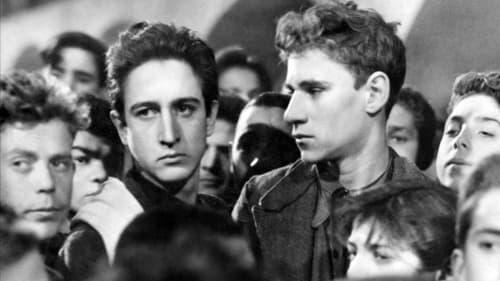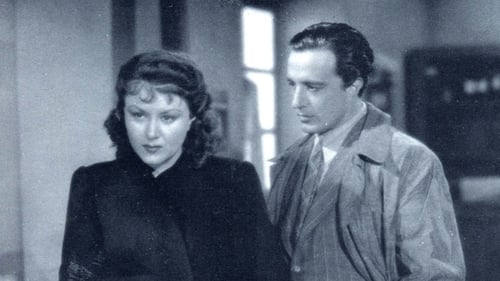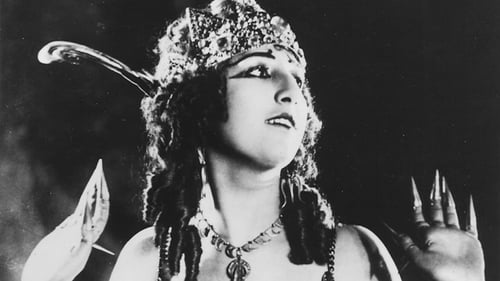
Production Design
En la Roma de la postguerra, dominada por la miseria y el desempleo, dos jóvenes limpiabotas sueñan con comprarse un caballo. La única forma de conseguir el dinero necesario es trapichear en el mercado negro, pero los muchachos intentan en todo momento no ser detenidos.

Art Direction
Seduced and abandonned by her fiance, Maria Ferrante leaves home to avoid any scandal. She is trying to find work and place to stay but one misfortune after another comes into her life Venice Film Festival 1940

Production Design

Writer
Giuditta e Oloferne is a 1929 Italian silent historical film directed by Baldassarre Negroni and starring Bartolomeo Pagano, Jia Ruskaja and Franz Sala. It was the final film of Pagano, who had been famous during the silent era for his portrayals of Maciste.
The film is based on the story of Judith Beheading Holofernes.

Set Decoration
Un grupo de demonios vienen a la Tierra para llevarse a Maciste. Pretenden engañarle para que se quede en el Infierno para siempre. Pero una diablesa se enamora de él.

Costume Design
Un grupo de demonios vienen a la Tierra para llevarse a Maciste. Pretenden engañarle para que se quede en el Infierno para siempre. Pero una diablesa se enamora de él.

Set Decoration
Antamoro's CHRISTUS, epic in scale and ambition, and featuring decidedly otherworldly special effects, was released in 1916. Telling the story of the Life of Christ, the film is divided into three segments-- three Mysteries. The first of these includes the Birth of Jesus, the arrival of the Magi, Herod and the slaughter of the innocents, the flight into Egypt. The second Mystery features the expulsion of the merchants from the Temple, Mary Magdalene's conversion and Christ's entry into Jerusalem. The third Mystery is itself divided into three separate parts, which are The Passion, The Death and The Resurrection.





